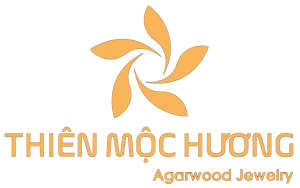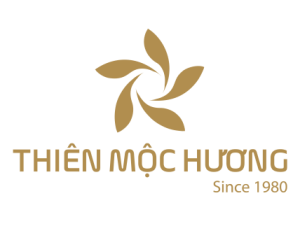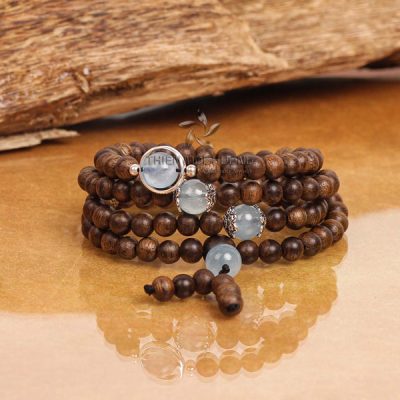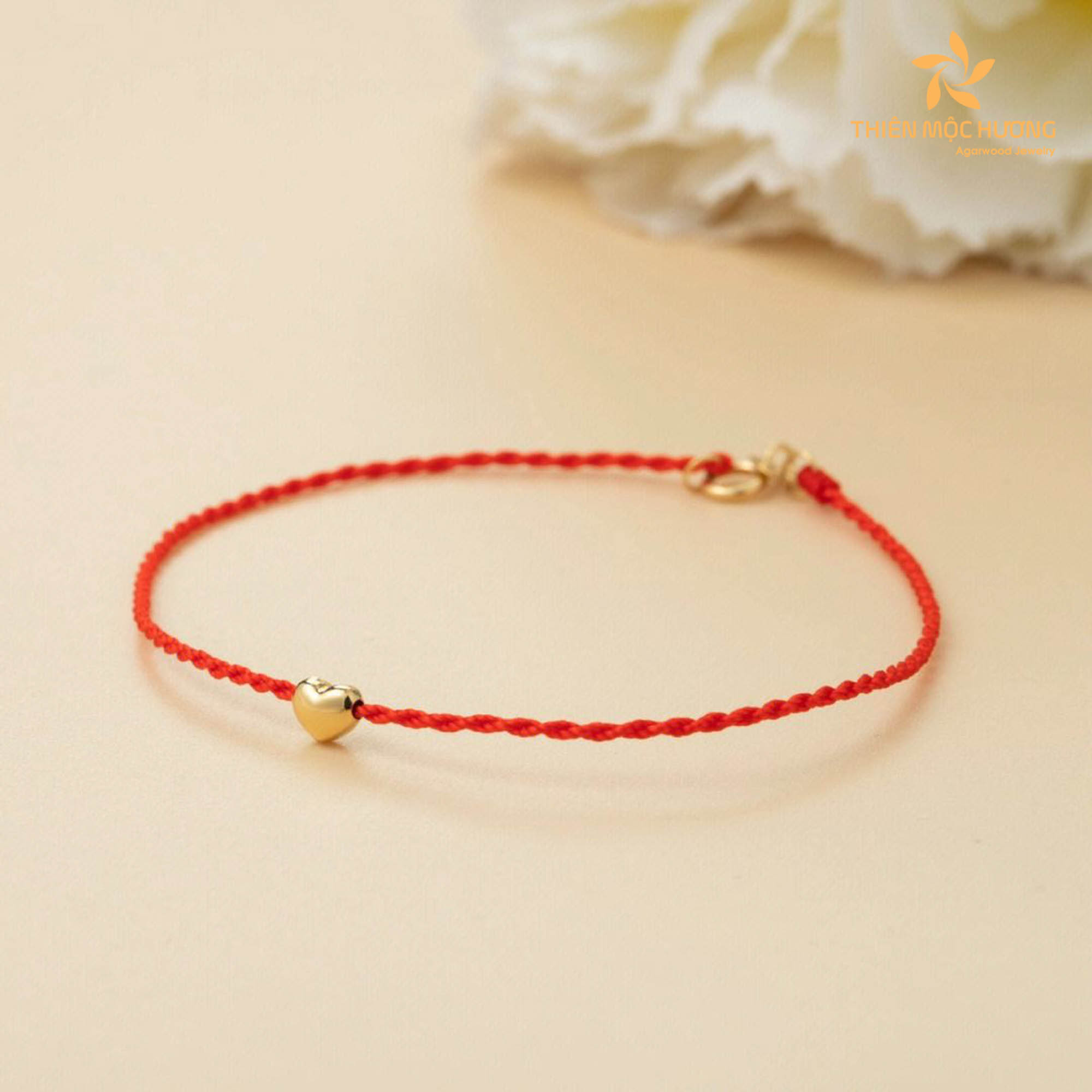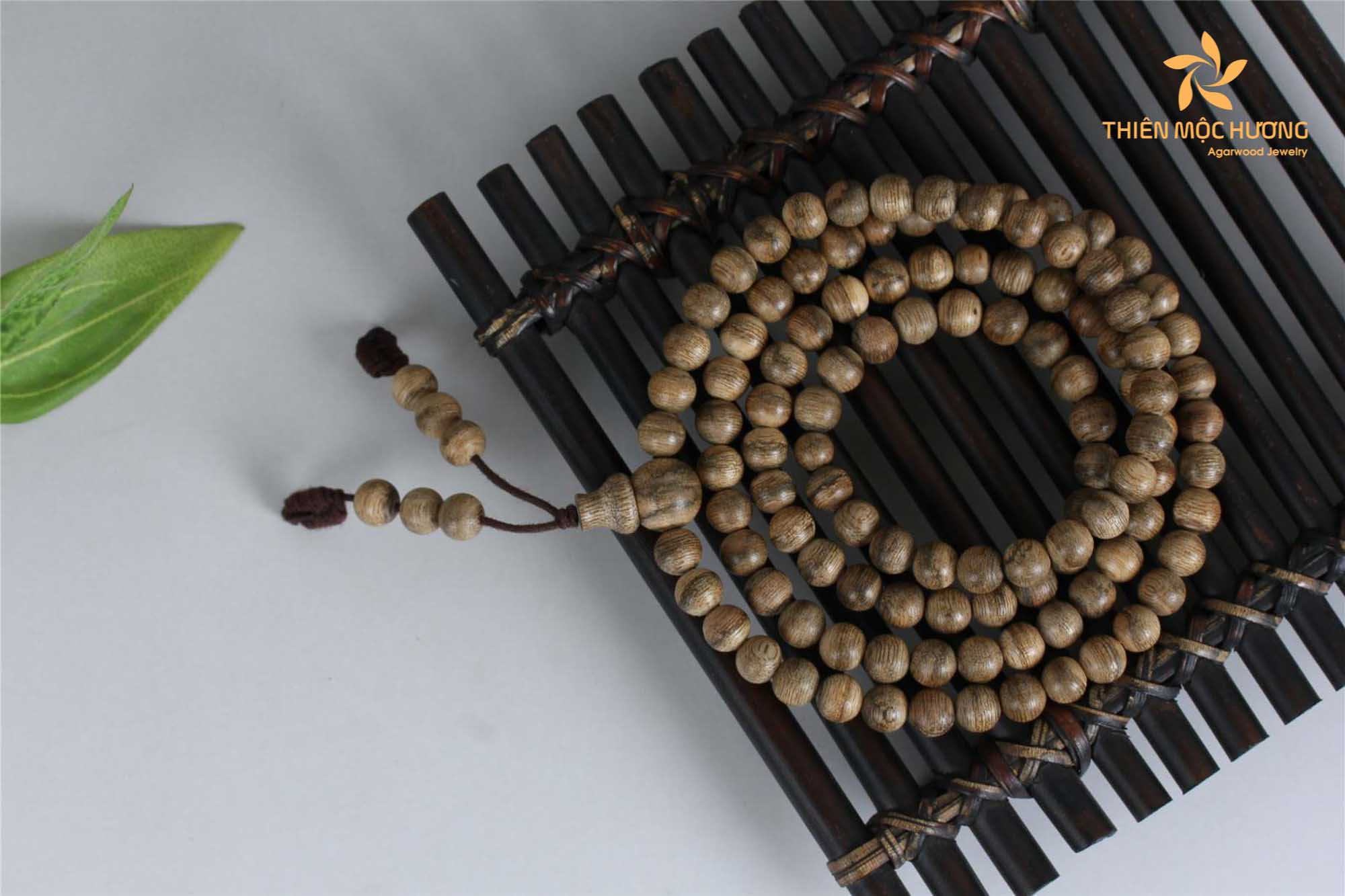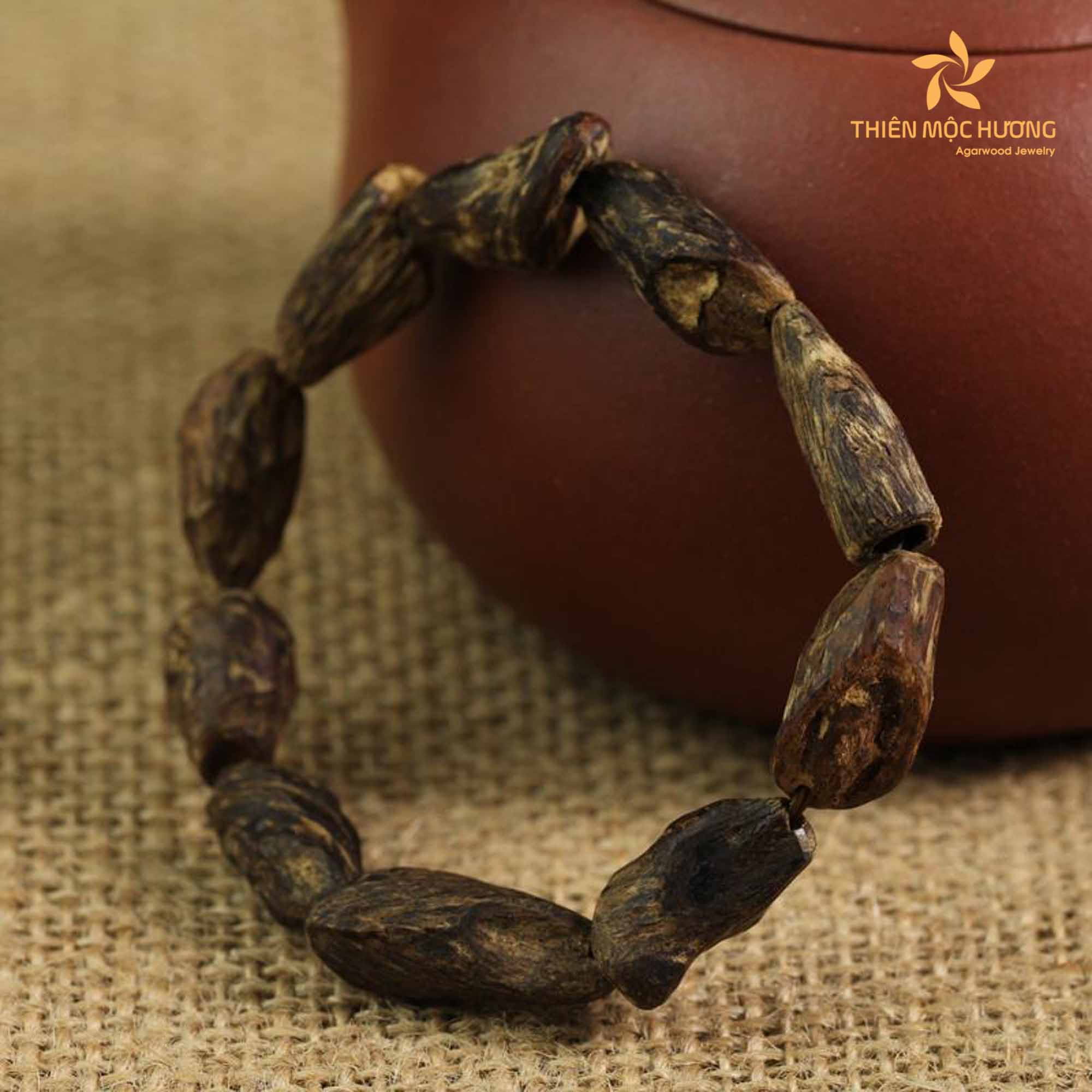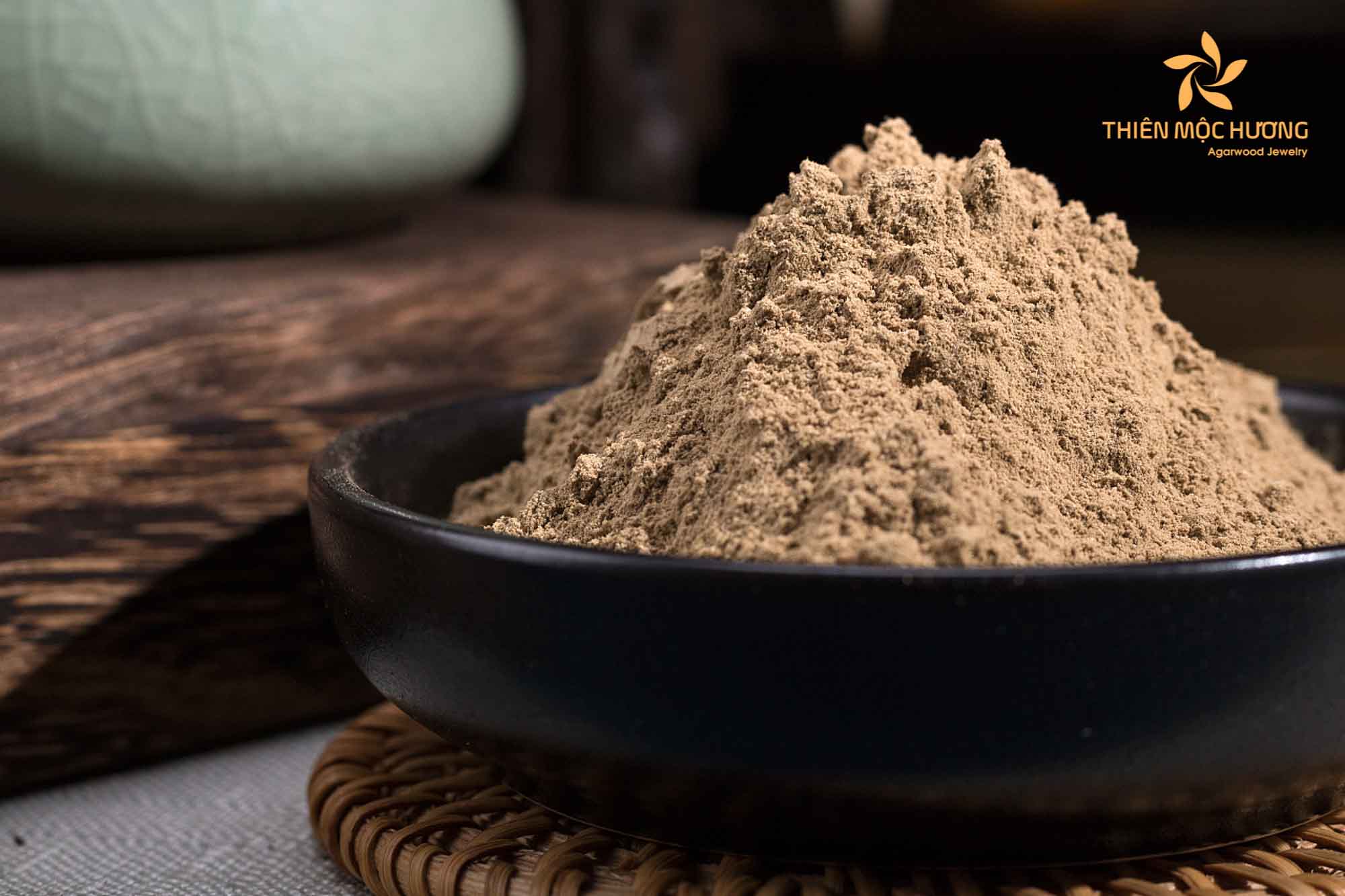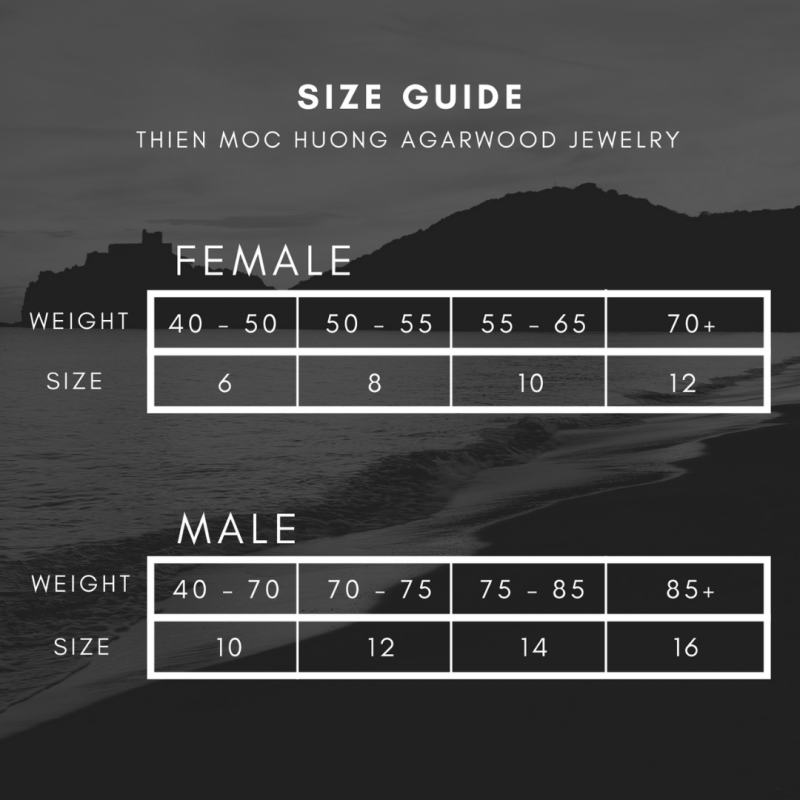Agarwood, often referred to as the “wood of the gods”, has a rich history and heritage that dates back centuries. Revered for its unique scent and sacred attributes, it’s no surprise that items made from this wood, such as Agarwood bracelets, hold significant value. But what exactly affects their worth? Let’s begin on a journey to decode the secrets behind the value of Agarwood bracelets and the factors affecting the value of Agarwood bracelets.
I. Factors affecting the value of Agarwood bracelets
1. Factors Affecting the Value of Agarwood Bracelets – Origin and harvesting location of Agarwood
A journey that begins in the dense forests of Southeast Asia, the Middle East, and more, the source of Agarwood significantly affects its value. This geographical variation plays a profound role in determining the quality and, by extension, the market demand for Agarwood.
In the verdant heartlands of Southeast Asia, the Agarwood that grows here is famed worldwide. It’s not just any Agarwood; it is distinguished by its premium quality. Those who’ve had the privilege of experiencing its aroma attest to its rich, enchanting fragrance that seems to tell tales of ancient forests and timeless beauty.
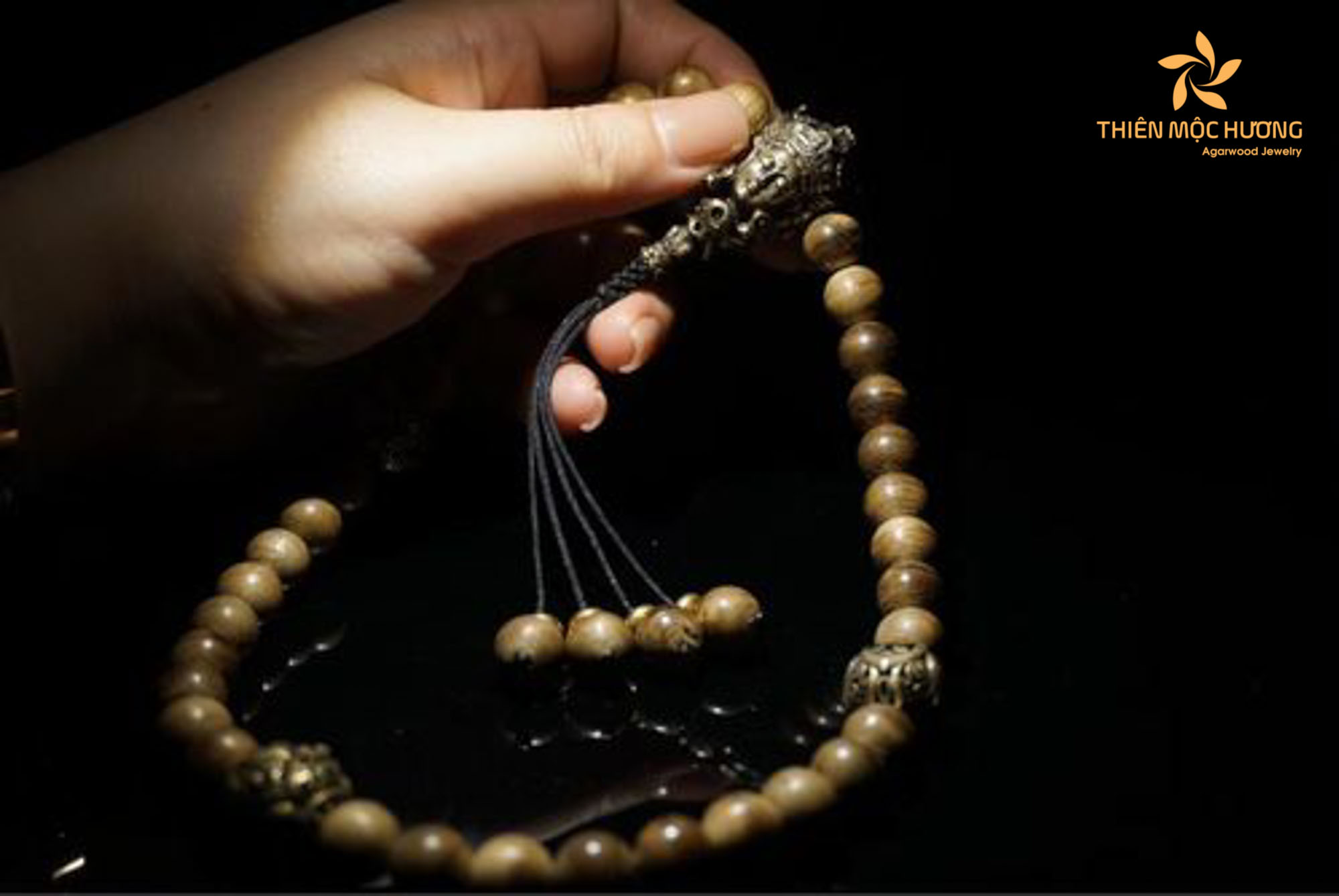
Journey a bit further to the arid and mystical landscapes of the Middle East, and one encounters another variant of Agarwood. Here, it’s not merely the scent that captures one’s senses, but its robust character. Middle Eastern Agarwood has won hearts and olfactory palettes with its powerful and long-lasting scent, evoking images of golden deserts and historic caravans.
However, it’s essential to understand that the Agarwood market is much like a geographical treasure hunt. The rarer the region of its origin, the more valuable and sought-after the Agarwood becomes. For instance, an Agarwood bracelet’s price can skyrocket based on its geographical lineage, making it not just a piece of adornment, but a testament to the wonders of our planet’s diverse landscapes.
2. Age of the Agarwood tree
Just as connoisseurs value a vintage wine, those in the know understand that the age of an Agarwood tree is instrumental in determining the value of the bracelets crafted from it. The comparison is not merely poetic; there’s profound truth behind the emphasis on age.
As Agarwood trees grow older, they undergo natural processes that make them more than just tall, aged timbers. They start producing a resin, a unique aromatic substance that, like a fine wine, gets better with time. This aging process isn’t a matter of mere years; it spans decades, sometimes even centuries.

This matured resin emanates a fragrance that’s unparalleled in its richness and depth. Imagine the difference between a freshly brewed cup of tea and one that has been allowed to steep, enhancing its flavors. The scent from an older Agarwood tree’s resin is similarly more profound, offering an olfactory experience that’s both captivating and lingering.
But it’s not just about the fragrance. Over time, the resin from these older trees has been observed to possess enhanced therapeutic properties. Traditionally, Agarwood has been used in various therapeutic practices, and the older the tree, the more potent these benefits become. Whether it’s for relaxation, meditation, or even traditional healing, bracelets crafted from older Agarwood trees serve a purpose beyond mere adornment.
3. Rarity and availability
The age-old adage “hard to get” rings especially true when it comes to Agarwood. This unique wood, with its mesmerizing aroma and deep roots in tradition, stands as a testament to the allure of rarity. The scarcity of Agarwood is not a mere coincidence; several factors converge, thrusting its value to great heights.
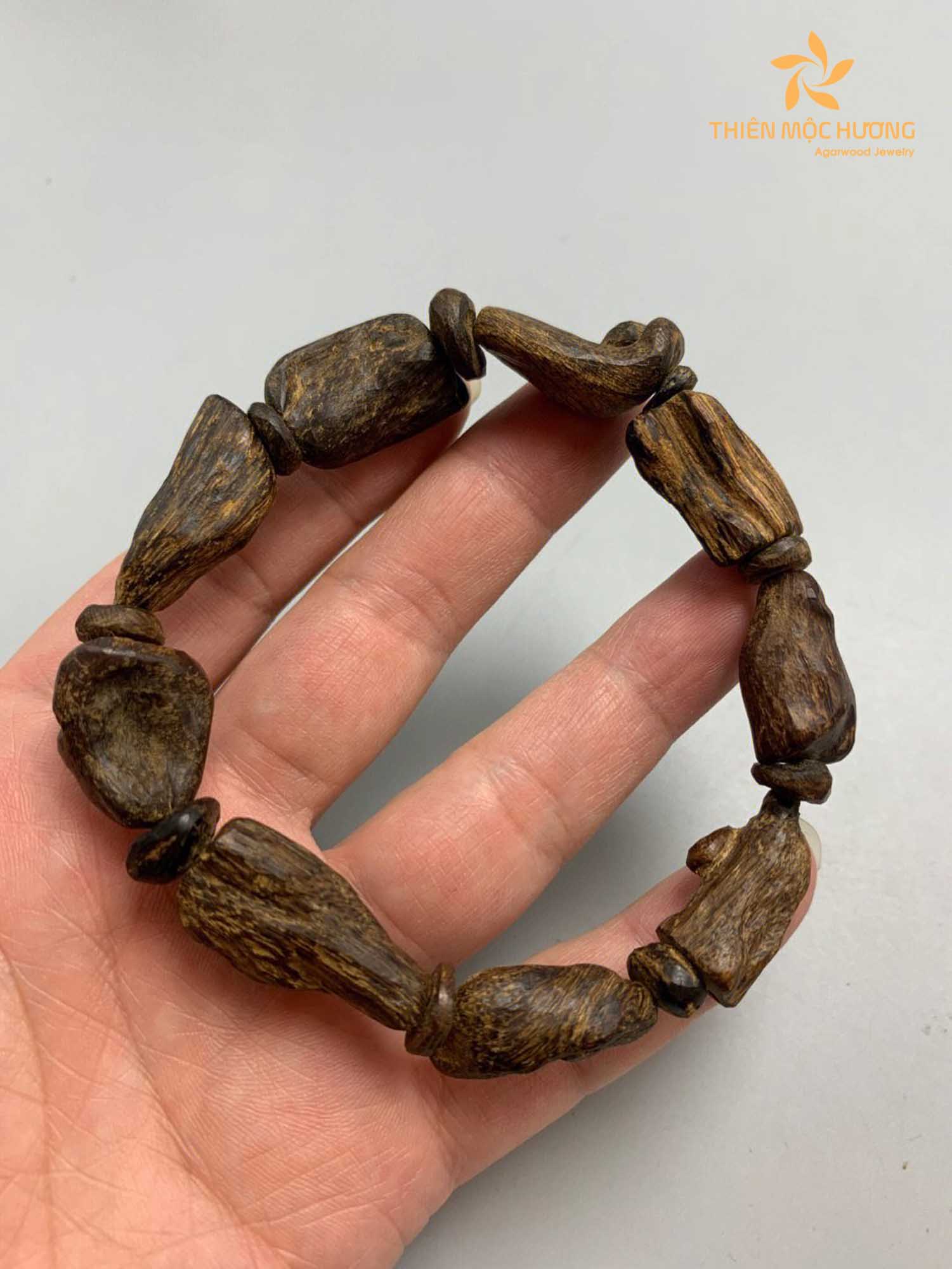
Foremost among these factors is over-harvesting. As the popularity of Agarwood grew, so did the enthusiasm to extract it. Many regions experienced excessive harvesting without giving the trees adequate time to mature and produce the desired quality of resin. This over-enthusiasm led to a depletion in the number of mature Agarwood trees, making the remaining ones even more valuable.
4. Processing and craftsmanship
The raw beauty of Agarwood, when coupled with the skilled touch of human artistry, can be elevated to the status of a genuine masterpiece. The journey of turning this precious wood into an exquisite bracelet hinges greatly on the craftsmanship involved, and it’s this very craftsmanship that significantly impacts its value.
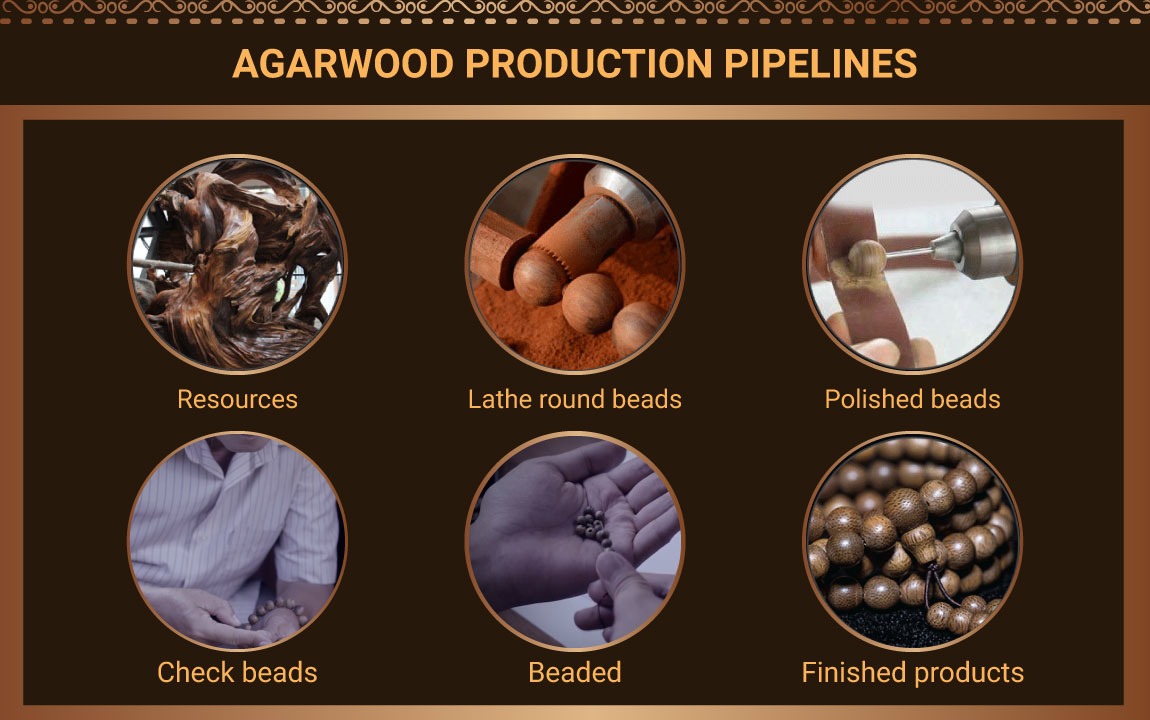
When artisans begin their work on Agarwood, they’re not just carving; they’re embarking on a meticulous journey of creation. Every incision, every curve, and every pattern they etch into the wood tells a story. A well-crafted bracelet doesn’t just bear designs; it wears intricate motifs and patterns that are a testament to the hours, days, and sometimes even weeks of dedication poured into its creation.
5. Purity and authenticity
In today’s bustling marketplace, where imitations often crowd out the genuine, authentic Agarwood emerges as a beacon of pure elegance and tradition. Amidst the myriad of counterfeits, bracelets fashioned from true, unadulterated Agarwood hold a revered position, offering connoisseurs an experience that’s both rare and unparalleled.
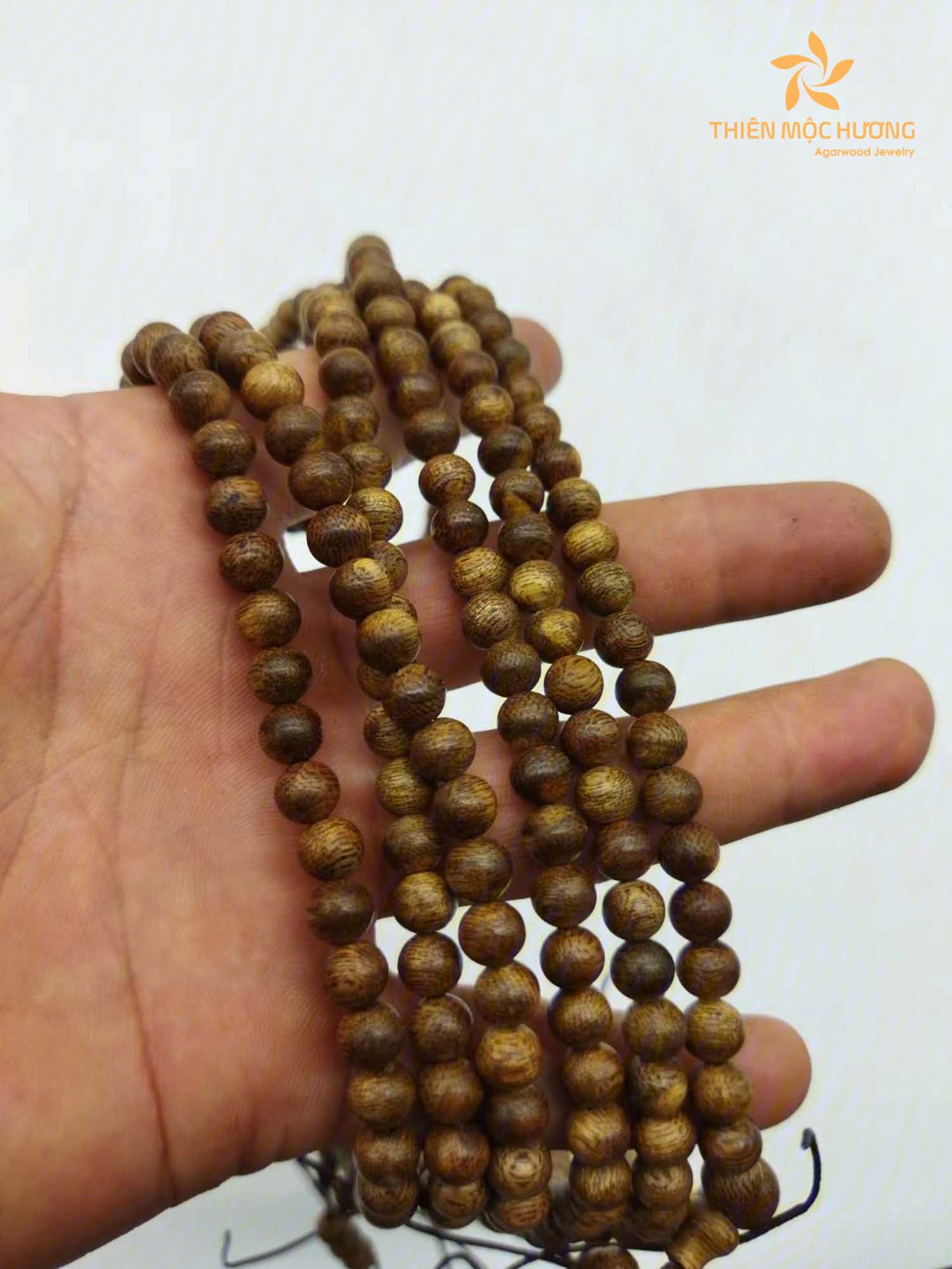
One of the defining hallmarks of a bracelet made from genuine Agarwood is its aroma. Unlike the fleeting, sometimes synthetic scents of imitations, authentic Agarwood releases a distinct and unmatched fragrance. This aroma is not just memorable; it’s transformative. It carries with it the essence of ancient forests, the whispers of tradition, and the depth of nature’s alchemy. When one wears a bracelet made of pure Agarwood, they’re not just adorning themselves with a piece of jewelry; they’re enveloping themselves in a scent that’s been celebrated for centuries.
6. Factors Affecting the Value of Agarwood Bracelets – Medicinal and therapeutic qualities
Agarwood, with its alluring aesthetic appeal, doesn’t merely stop at enchanting our senses with its beauty. Delving deeper into its essence, one finds that Agarwood is as much about wellness as it is about elegance. Beyond its external charm, it possesses therapeutic qualities that have been revered for centuries, making it a holistic gem in the truest sense.
One of the most celebrated therapeutic uses of Agarwood is its ability to aid in meditation and relaxation. For those seeking solace in moments of introspection or calm, Agarwood serves as an invaluable companion. Its soothing aroma, when inhaled, has a tranquilizing effect on the mind, paving the way for deeper meditation. It’s as if the ancient whispers of the forests from which Agarwood hails are guiding one towards inner peace and clarity. For many spiritual practitioners and meditation enthusiasts, Agarwood is not just an accessory; it’s a bridge to enhanced mindfulness and tranquility.
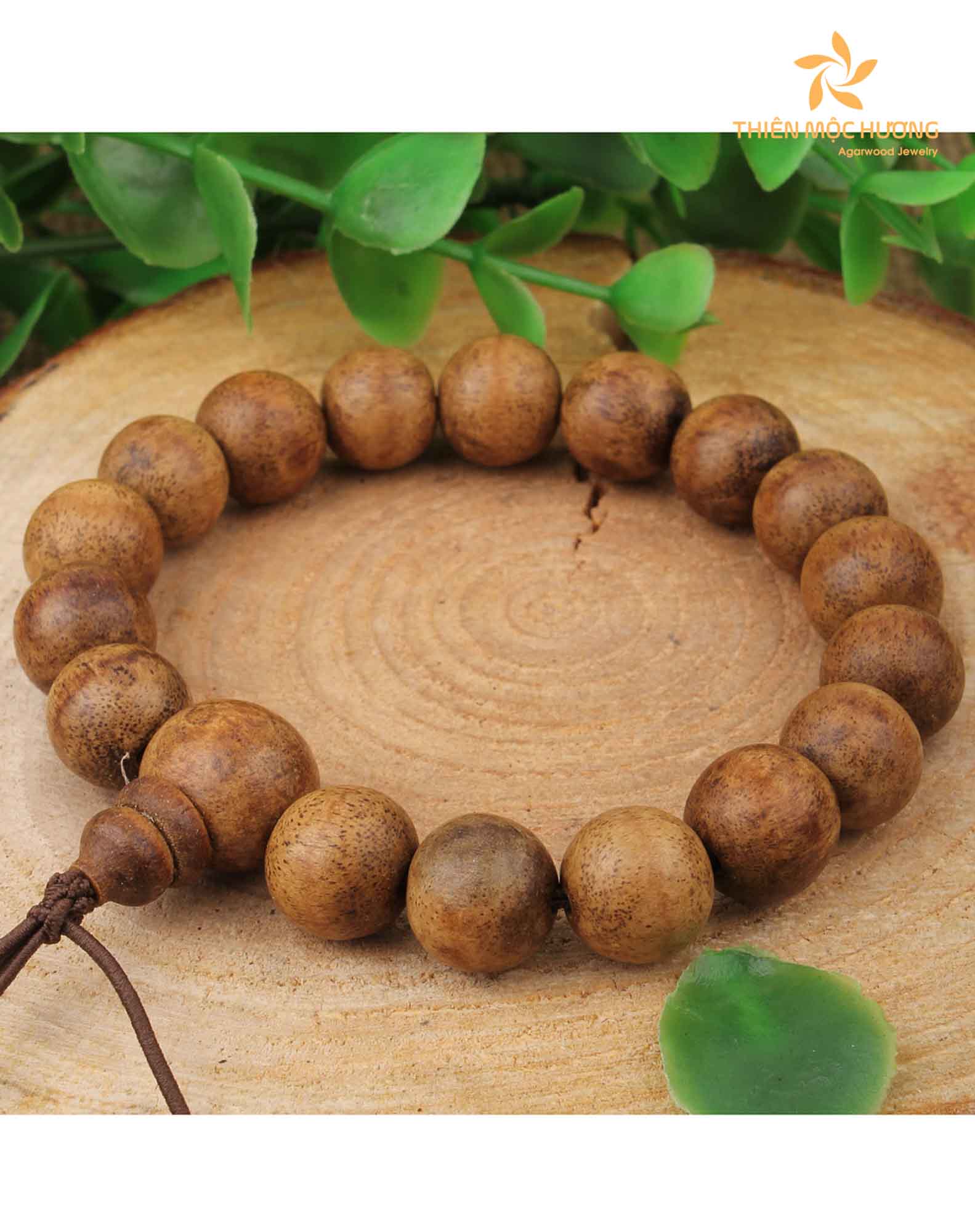
7. Market trends and demand
Much like a precious gemstone or a fine piece of art, the ebb and flow of Agarwood’s demand on the world stage can cause noticeable fluctuations in its price. Trends, often shaped by cultural shifts, popular endorsements, and even historical significance, play a pivotal role in this fluctuating dance of value.
One observable trend is the direct correlation between heightened demand and price inflation. When more individuals, companies, or cultures start vying for Agarwood, be it for its aromatic qualities, therapeutic benefits, or sheer aesthetic appeal, the result is a surge in its market price. Such a spike isn’t just driven by its intrinsic value but by the collective desire to own and cherish this unique wood. For instance, if a celebrity endorsement catapults Agarwood into the spotlight or if a particular region suddenly recognizes its benefits, suppliers may find their stocks depleting faster than anticipated. This heightened clamor can lead to a premium on Agarwood products, making them even more of a luxury.
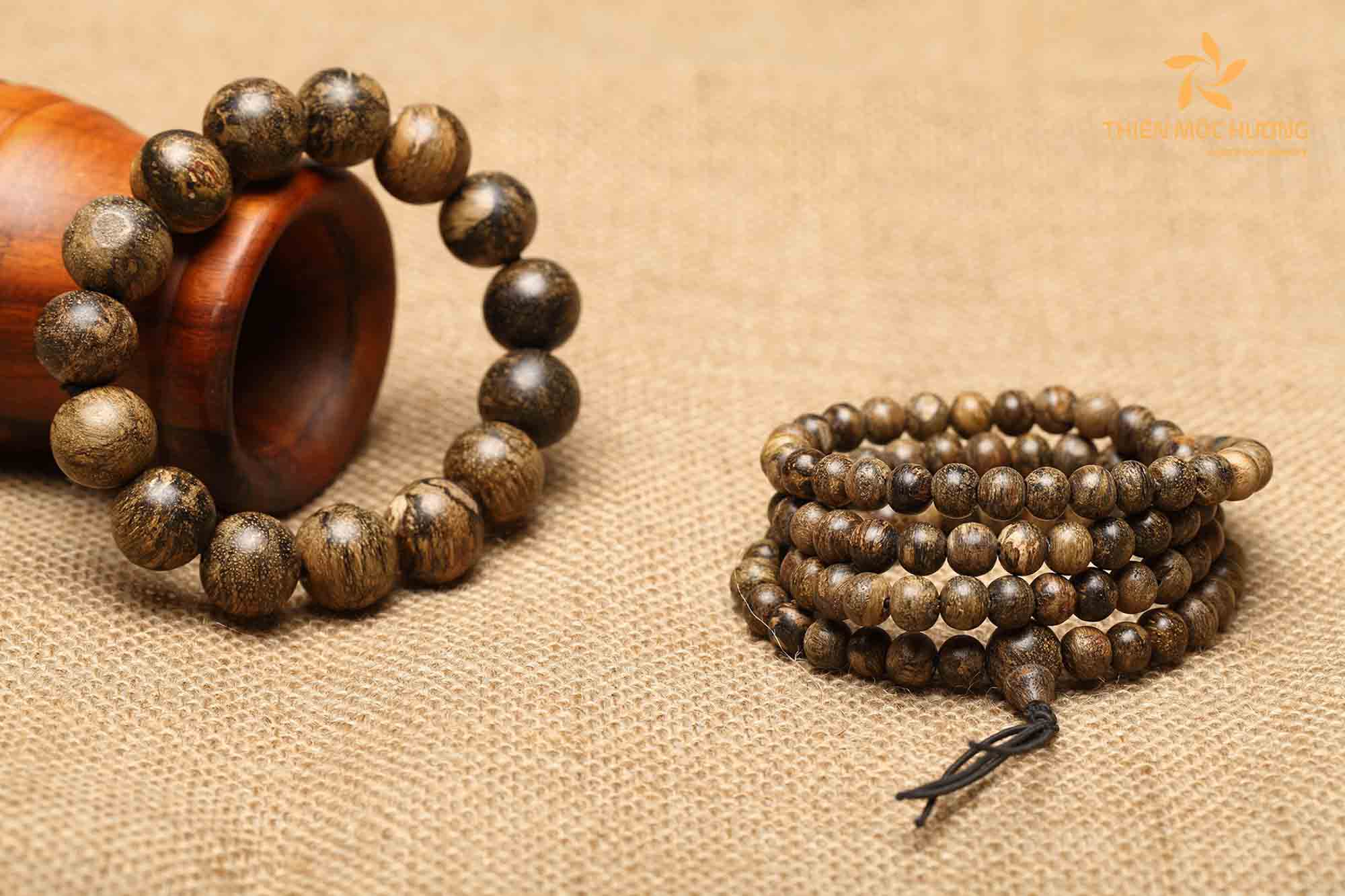
On the other hand, niche markets, with their specialized preferences, can alter the value dynamics of Agarwood. While the general market might value Agarwood for its broad appeal, niche markets might have a more discerning palate, prizing certain types or origins of Agarwood above others. For example, an exclusive perfume industry might favor a specific Agarwood type known for its rare fragrance profile, willing to pay top dollar for it. Similarly, traditional medicine practitioners in a particular region might value Agarwood types believed to have potent therapeutic properties, thus driving up demand and price for that specific variant.
II. FAQs about factors affecting the value of Agarwood bracelets
Conclusion
The allure of Agarwood bracelets is undeniable. Their value is not just monetary but also steeped in history, craftsmanship, and nature’s touch. As we’ve unraveled, various factors come into play, from age and origin to craftsmanship and authenticity. The next time you come across an Agarwood bracelet, you’ll be well-armed with insights to truly appreciate its worth.
(167)
